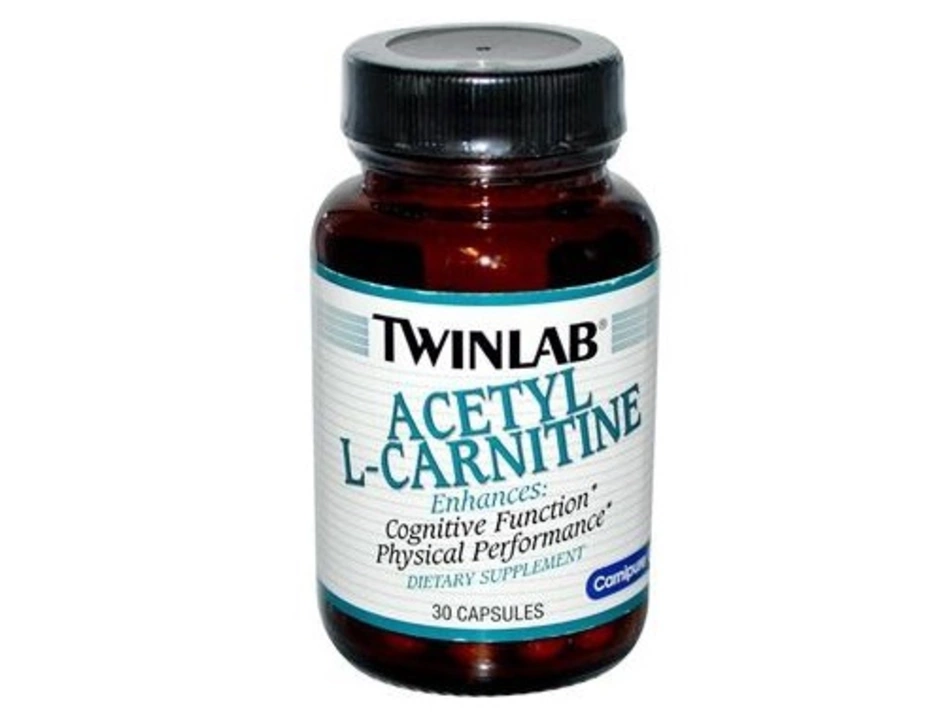Potential Benefits: How to Spot Real Gains from Medicines and Supplements
When you read about potential benefits, you want clear, useful info—not hype. This page helps you tell which claims matter, how to weigh evidence, and what steps to take before trying a medicine or supplement. I’ll point out simple checks you can run and real-world signs that a product might help you.
First, look for clinical evidence. Randomized trials, meta-analyses, or trusted guidelines weigh much more than a single user story. If a treatment has several controlled studies showing consistent results, its potential benefits are more credible. If you only see testimonials and marketing, treat claims with caution.
Second, match the benefit to your goal. Are you aiming for symptom relief, long-term prevention, or a temporary boost? Different goals need different types of proof. For example, a nasal spray with proven short-term decongestion is useful for blocked noses, while a supplement claiming long-term heart benefits needs long-term data.
Ask practical questions
How fast should you see results? What dose was used in studies? What side effects appeared? Practical answers matter. If studies used much higher doses than available products, the claimed benefit may not apply to you. Also check how long people used the treatment in trials; some benefits take weeks or months to show.
Third, balance benefits against risks and convenience. A treatment that helps slightly but causes daily side effects might not be worth it. Consider alternatives that offer similar gains with fewer downsides. For many conditions there are steroid-free or non-pharmaceutical options that still work well.
Use smart trial methods
Try a short, monitored trial. Set a clear goal and timeframe—say two weeks for allergy relief or six weeks for a dietary supplement—and track changes. Keep a simple log of symptoms, side effects, and any other factors like sleep or diet. If you don’t see meaningful improvement, stop and reassess.
Talk to a healthcare provider before starting anything new, especially prescription meds or combinations. Pharmacists and doctors can point out drug interactions, safer alternatives, and realistic expectations. If you buy medications online, choose reputable pharmacies and check reviews and licensing.
Watch out for exaggerated promises. Words like “cure,” “miracle,” or “guaranteed” are red flags. Reliable sources use measured language and share limitations. Also check whether claims are tied to specific, peer-reviewed studies and whether those studies are recent and relevant.
Finally, use everyday signs to judge benefit. Better sleep, fewer flare-ups, reduced pain scores, or more energy are practical markers. If a product helps you meet a clear goal without major harm, it’s delivering real potential benefits. Keep records, stay curious, and make decisions based on evidence and your own experience.
If you want specific reading, check articles on this site about herbal supplements, prescription alternatives, and buying meds online. We cover evidence, safety, and practical tips so you can judge potential benefits yourself. Use search or browse tags to find posts on the exact product or condition you're curious about. Ask questions, always stay safe.

